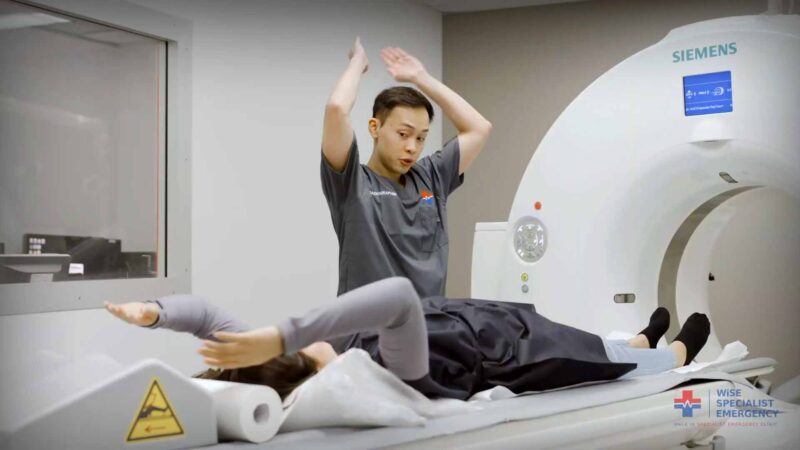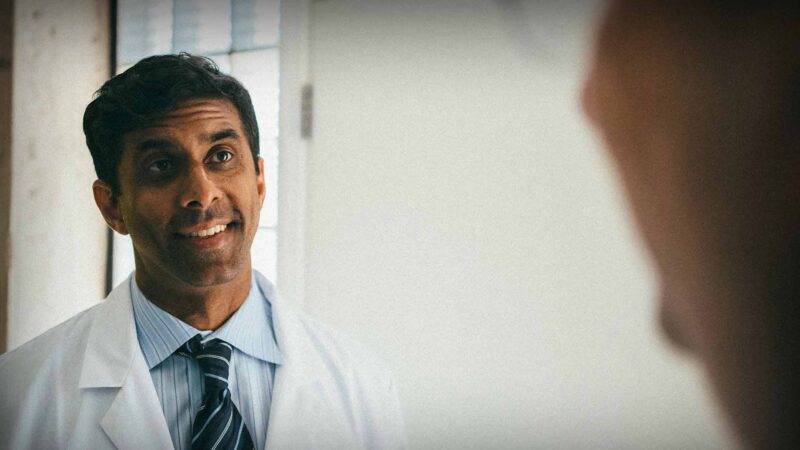Health Executive Insights
Former Johnson & Johnson ANZ Managing Director, Gavin Fox-Smith on working in large & small MedTech companies
▶︎ Career turning points
▶︎ Making an impact at J&J|
▶︎ Working in small business
▶︎ Working at Omnigon
▶︎ Taking opportunities
▶︎ Impact of MedTech in society
You Might also like
-
Investigating use of dietary supplements for osteoarthritis
Osteoarthritis is a leading cause of disability affecting over 2 million Australians, according to Australian Institute of Health and Welfare report on Chronic musculoskeletal conditions (2024) and 595 million people globally, according to BD 2021 Osteoarthritis Collaborators. Global, regional, and national burden of osteoarthritis, 1990–2020. It represents a significant public health burden that diminishes quality of life among ageing populations.
-
Specialist emergency care clinics in rollout
Unlike Emergency Departments that operate within public hospitals and some private hospitals, a Walk-in Specialist Emergency Clinic is located in the community and designed to provide comprehensive, coordinated acute care – from initial consultation and diagnostic services, to treatment and specialist referral if required – without the patient having to visit a hospital.
Australian Health Journal spoke to the visionary, founder and CEO behind this WiSE Specialist Emergency clinic, Dr Pankaj Arora.
-
Investments to address health inequities in Prostate Cancer Care
Income, education, geographical location, and discrimination based on ethnicity, race, gender and sexual orientation, are only a fraction of factors that can negatively affect a person’s quality of cancer care. This is defined as the “equity gap” and it’s costing people their lives.
Timed to coincide with World Cancer Day 4th February 2025, Movember announced prostate cancer investment of $5.5 million. Eighteen grants (16 proposals and 2 community development grants) are slated to directly tackle inequities in prostate cancer care. The funding will be over three years with the grants spread across five countries – six in Canada, five in the United Kingdom, three in Australia, three in the United States and one in Ireland – each having a specific focus population and care area.



